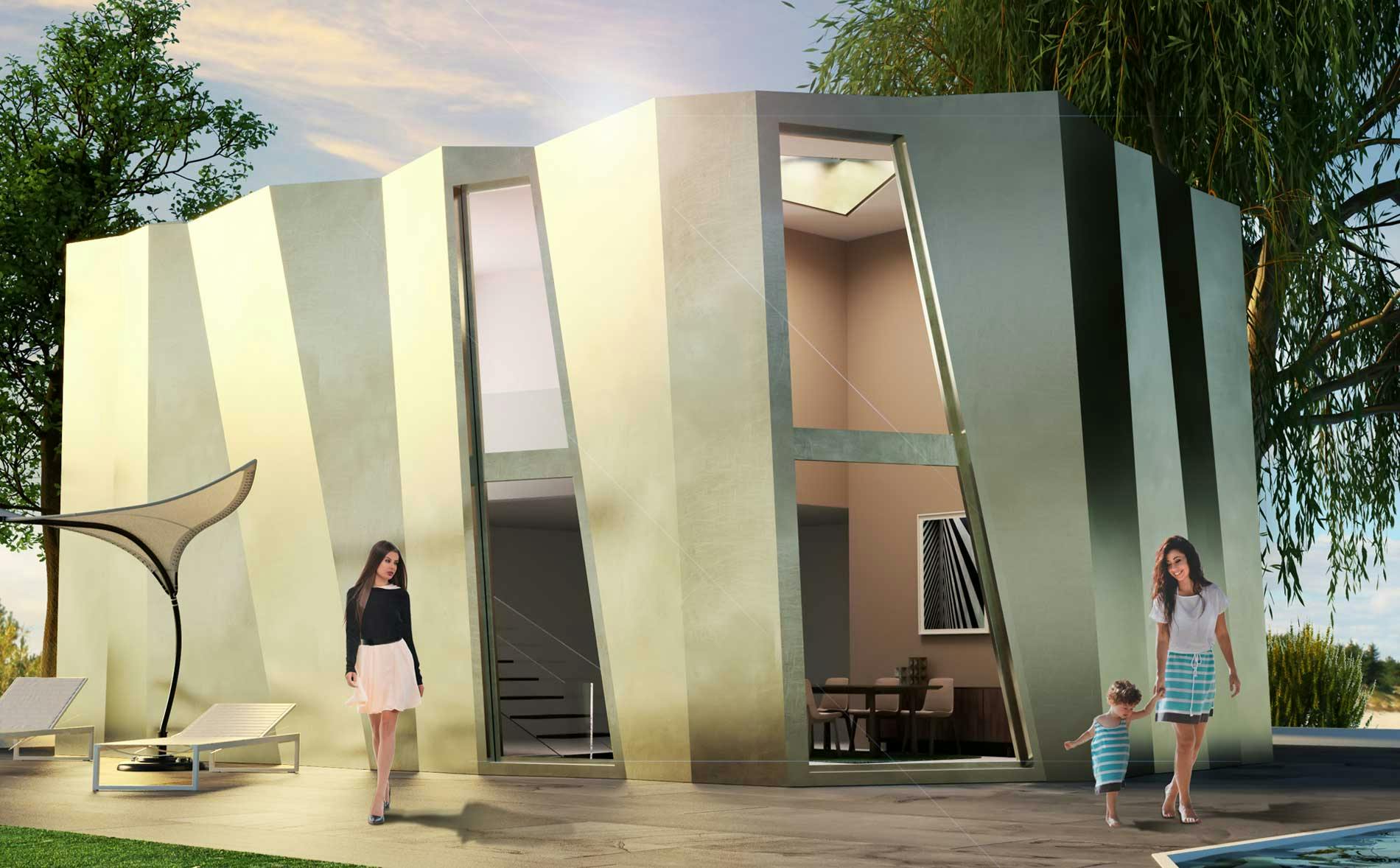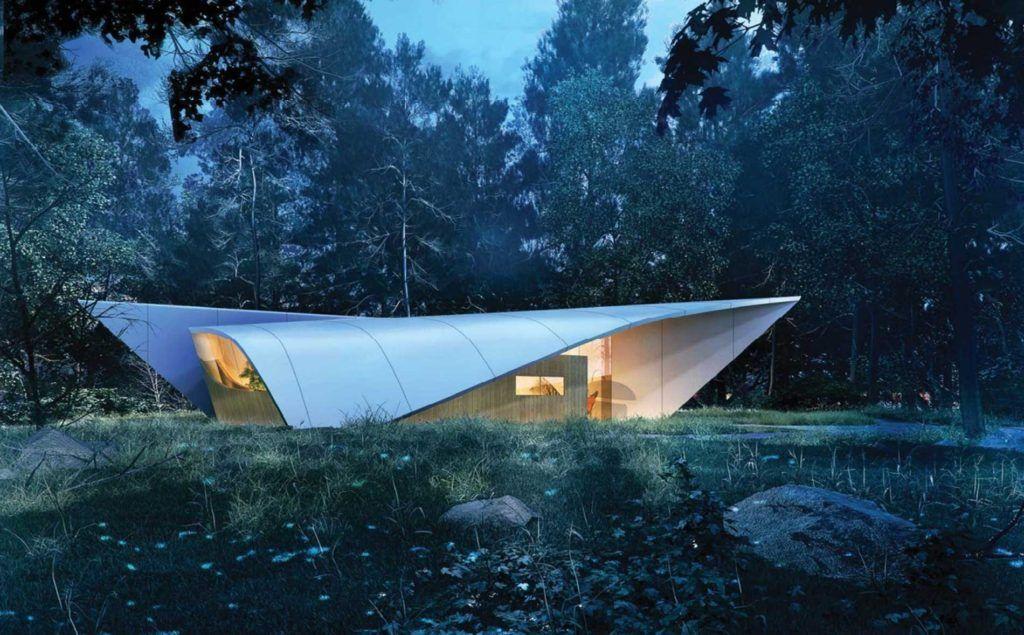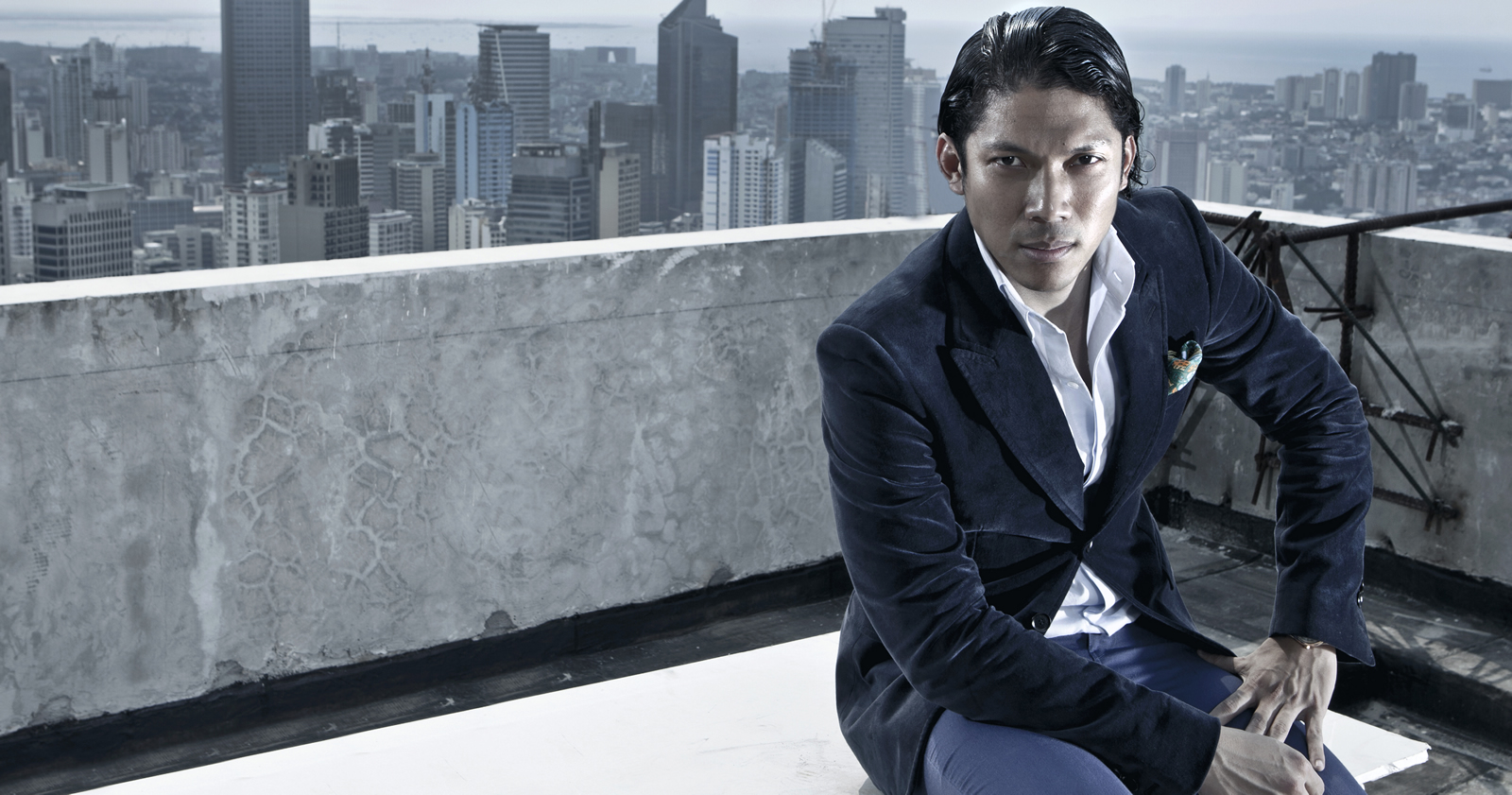Revolution Precrafted, the first startup in the Philippines to be valued at over $1 billion, is entering its 14th country by bringing its prefabricated luxury homes to Cyprus. The 2.5 years old unicorn has made luxury homes designed by renowned architects affordable by adopting prefabrication technology. It has now signed an agreement with local retail and property conglomerate Cyprus Trading to supply residential units, holiday villas and glamping accommodation at golf resorts and hillside villages in the cities of Nicosia, Limassol and Paphos.

The startup has one of the largest global footprints among its peers in Southeast Asia. Among the more than $7.36 billion orders it has received since its founding in December 2015 are a $3.2 billion partnership to build hotels and apartments for Dubai's The World Islands, a $1.2 billion project to supply low-cost housing in Myanmar and a $300 million franchise agreement for more than 1,000 homes in Caribbean nations.

The latest Cyprus deal, its second in Europe after one in Spain, brings it another step closer to its target of selling to 25 countries by the end of 2018, 55 by 2019 and 85 by 2020.
"I want to be Uber, I want to be Airbnb. I want to be everywhere," Revolution Precrafted founder and Chief Executive Robbie Antonio said in a recent interview with the Nikkei Asian Review. "We didn't want to be just a regional player. We want to be a truly global player and the technology allows us to do that."

Revolution Precrafted's properties include homes, pavilions, holiday villas and retail spaces. Pre-built in factories in sections, they can be shipped anywhere in the world to be assembled on site.
The roughly 85 pre-designed properties that it offers are mastered by more than 70 artists including the late award-winning British architect Zaha Hadid, British designer Tom Dixon and U.S. rock star Lenny Kravitz.

The standardized designs and prefab concept has kept prices low. "Our cheapest homes come at $10,000 for 23 square meters," Antonio said.
Units are only manufactured after they have been ordered which means the company holds no inventories. Shipping fees are paid by clients. Revolution Precrafted's main costs are fees it pays to its designers and the cost of manufacturing which can be lowered by adopting robotics.

"I want to essentially have hyper growth, hyper profits and [be] asset-light," Antonio said. "Look at Uber, Airbnb. They are all global and they are all asset-light."
Source : Nikkei Asian Review | Revolutionprecrafted.com | Tech in Asia



















